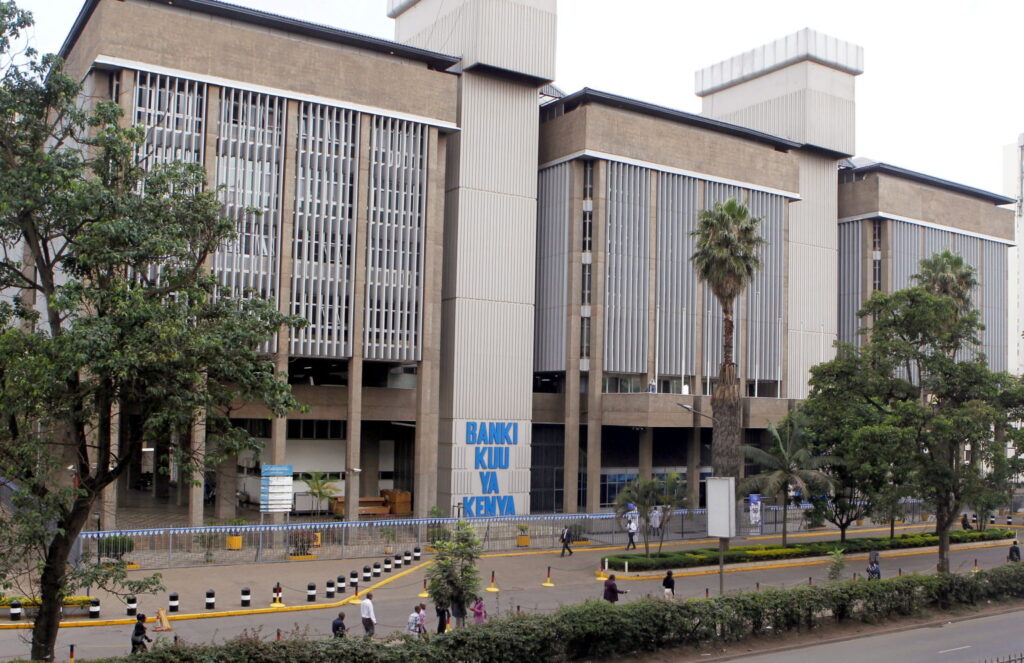The Central Bank of Kenya (CBK) has maintained interest rates at 13%, the same as in April 2013, in a move to strengthen recent economic gains. The decision follows a period of interest rate hikes that brought overall inflation down to an ideal level. According to a statement by CBK Governor Kamau Thugge, the exchange rate, a key indicator of economic health, has stabilised.

However, the Monetary Policy Committee (MPC), which met on June 5, remains cautious as non-food, non-fuel inflation, save for volatile food and energy prices, has persisted. The MPC said that the global economic landscape presents a challenge, with major economies keeping interest rates high due to their battles with inflation.
The MPC determined that holding the current interest rate is the most important course of action to address these concerns and ensure continued price stability and a secure exchange rate. Despite its downsides for borrowers, this decision prioritises long-term economic health by keeping inflation in check and the currency stable.
“The MPC will closely monitor the impact of the policy measures as well as developments in the global and domestic economy and stands ready to take further action as necessary in line with its mandate,” said Kamau Thugge.
Kenya’s inflation remained steady at 5.1% in May compared to 5.0% in April, and although food inflation rose slightly due to recent flooding in parts of the country that saw the price of vegetables rise sharply, other food items and fuel prices declined. Non-food, non-fuel inflation also dipped slightly to 3.4% in May from 3.6% in April, reflecting the effectiveness of recent monetary policy measures.
With a stable exchange rate, improved food supply from better weather, and the continued impact of monetary policy, overall inflation is expected to stay stable around the target range soon.
“Overall inflation is expected to remain stable around the mid-point of the target range in the near term, supported by the stable exchange rate, improved food supply attributed to favourable weather conditions, stable fuel prices, and the impact of monetary policy actions which continue to filter through the economy,” the MPC said.
Source: Techcabal
